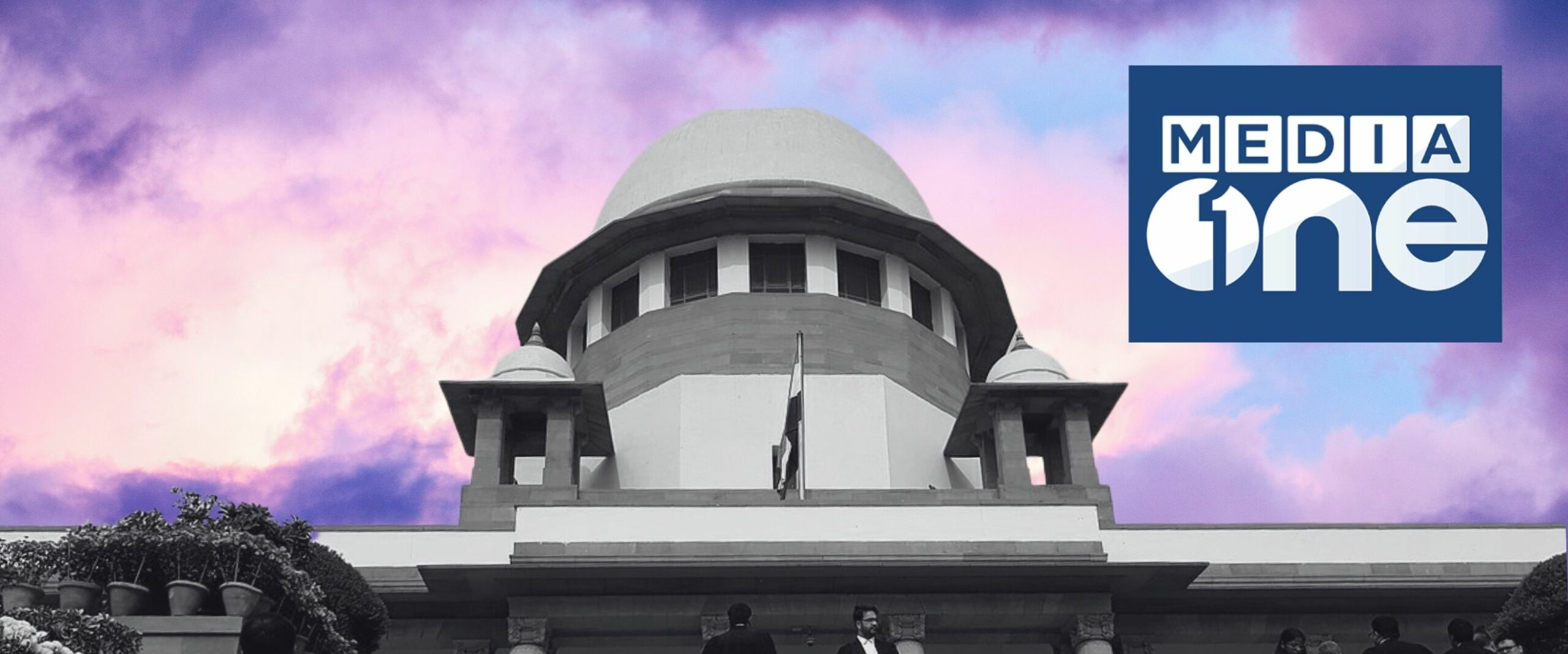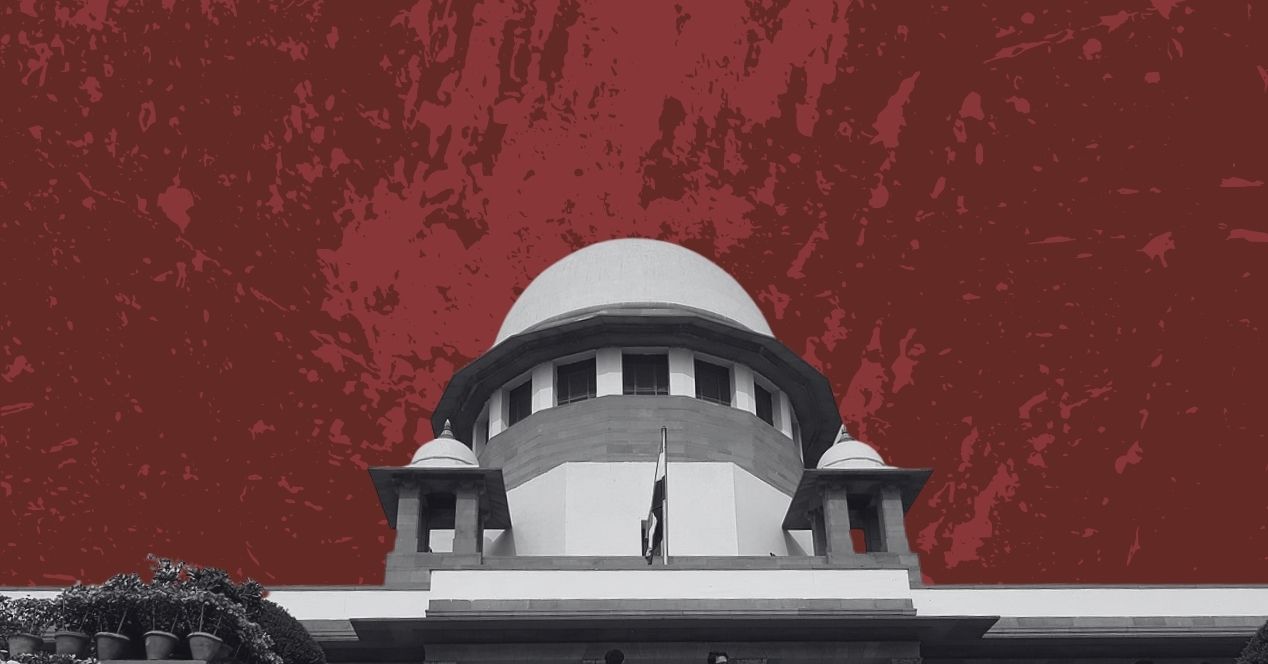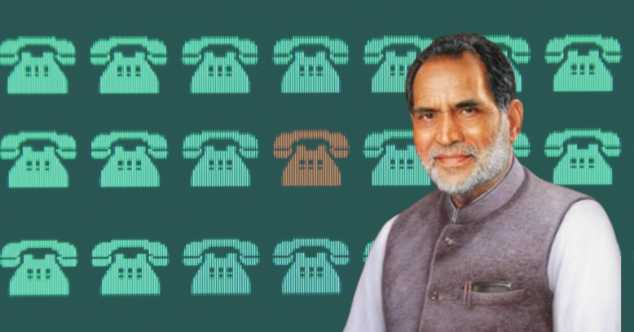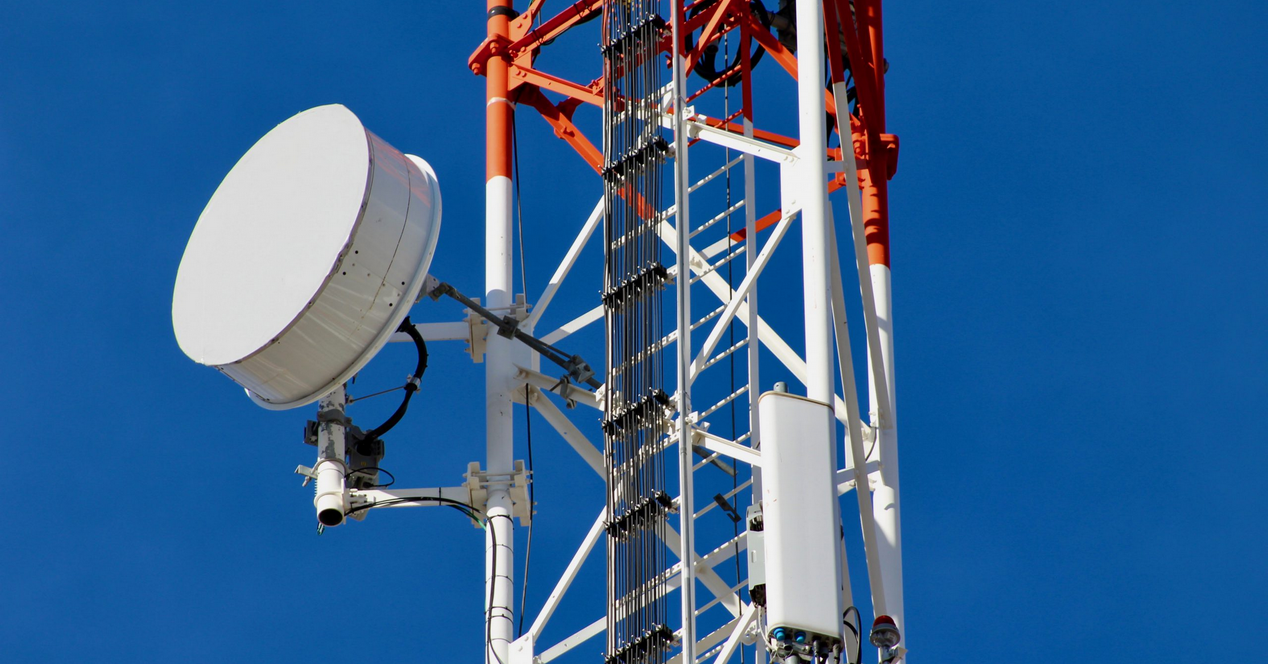Analysis
SC Stays MediaOne TV Ban, Grants Petitioners Interim Relief
A three-Judge Bench stayed the Malayalam channel's ban, permitting it to resume operations until the Court reaches a final verdict.

On March 15th, 2022, a three-Judge Bench comprising Justices D.Y. Chandrachud, Surya Kant, and Vikram Nath stayed the Union Government’s broadcast ban of MediaOne TV. While delivering the Order, Chandrachud J permitted the channel to resume operating as usual until the Court reaches a final verdict.
Kerala-based MediaOne TV is a Malayalam news channel backed by the Islamic organisation Jamaat-e-Islami-Hind. Operational since 2013, it first received its transmission licence from the Ministry of Information and Broadcasting (I&B Ministry) in 2011. As per the I&B Ministry’s guidelines, it applied to renew this licence after ten years, in September of 2021.
On January 31st, 2022, the I&B Ministry, refused to renew MediaOne TV’s licence, ordering a ban on its operations. It cited national security concerns raised by the Ministry of Home Affairs (MHA), which did not approve the channel’s security review.
The channel appealed the decision at the Kerala High Court in February, 2022—the Court went on to uphold the Ban on February 8th. MediaOne TV subsequently moved the Supreme Court in the first week of March, 2022, challenging the High Court’s decision. The Court issued notice in the challenges to the ban on March 10th.
Senior Advocate Dushyant Dave, appearing on behalf of the petitioners in today’s proceedings, argued that MediaOne TV was not required to undertake a security clearance while renewing its transmission licence. Additionally, the files on the nature of MediaOne TV’s security concerns have not been disclosed to the petitioners. Alongside Chandrachud J’s assertion that the petitioners have little to no basis on how to defend themselves as a result, Mr. Dave reiterated that without knowing why they’re being shut down, ‘no media publication or channel in this country will be safe [from interference] if this [practice] is accepted as a principle of law.’
Senior Advocate Dave: Security Clearance Not Required to Renew Licence
Mr. Dave disagreed with the Union’s contention that licence renewal applications are first examined by the Ministry of Information and Broadcasting and then sent to the Ministry of Home Affairs for security clearance. He argued that this is an incorrect plain reading of the I&B Ministry’s guidelines by the Union, represented in today’s proceedings by Additional Solicitor Generals S.V. Raju and K.M. Nataraj. Security clearances are only required when first applying for a transmission licence, stated Mr. Dave.
This is somewhat at odds with the I&B Ministry’s stance recorded in today’s parliamentary proceedings. While responding to a question in the Lok Sabha on national security concerns infringing on the freedom of the press, Union Minister of State for Information and Broadcasting L. Murugan stated that both licence applications and renewals are assessed by the MHA. Channels found to pose threats to national security will be denied security clearances by the MHA, leading to automatic cancellation of their transmission licence by the I&B Ministry.
It is this assertion that Mr. Dave rallied against in today’s proceedings, arguing that the guidelines indicated that there was no law to support the Government’s actions. In this case, the government cannot enforce reasonable restrictions on free speech, enshrined under Article 19(2) of the Constitution of India, 1950.
Mr. Dave further reminded the Court of its 2019 ruling in Indibily Creative Pvt. Ltd. v Government Of West Bengal, where it struck down the State’s encroachments of citizens’ Rights to Free Speech and Expression, held under Article 19(1) of the Constitution.
Bench Orders Defendants to File Counter Affidavit on MHA Files
The theme that coloured much of today’s proceedings was that of the MHA’s sustained refusal to share the exact nature of the security concerns MediaOne TV presented. Mr. Dave approached the Court for interim relief to access these files.
Be it in today’s proceedings or when the matter was presented before various benches of the Kerala High Court, the Ministry did not share its reasoning with the petitioners in the interest of national security and public order, arguing that it was based on “intelligence inputs which are sensitive and secret in nature.”
On March 2nd, as it upheld the ban, the Kerala High Court acknowledged the confidential and grave threats raised in the MHA’s security review of MediaOne TV. However, it simultaneously stated that the “nature, impact, gravity and depth of the issue is not discernible from the files.”
Acknowledging that the petitioner’s operations depended on the claims made in the MHA’s confidential files, Chandrachud J argued that they were entitled to access the material in order to adequately defend themselves. The Bench briefly convened with Mr. Nataraj in an anteroom to view the documents.
The Bench concurred that examining the files made a case for interim relief for the Channel. It subsequently ordered the defendants to file a counter affidavit on or before the 26th of March on whether the files should be disclosed to the petitioners in order for them to continue their challenge to the ban.



